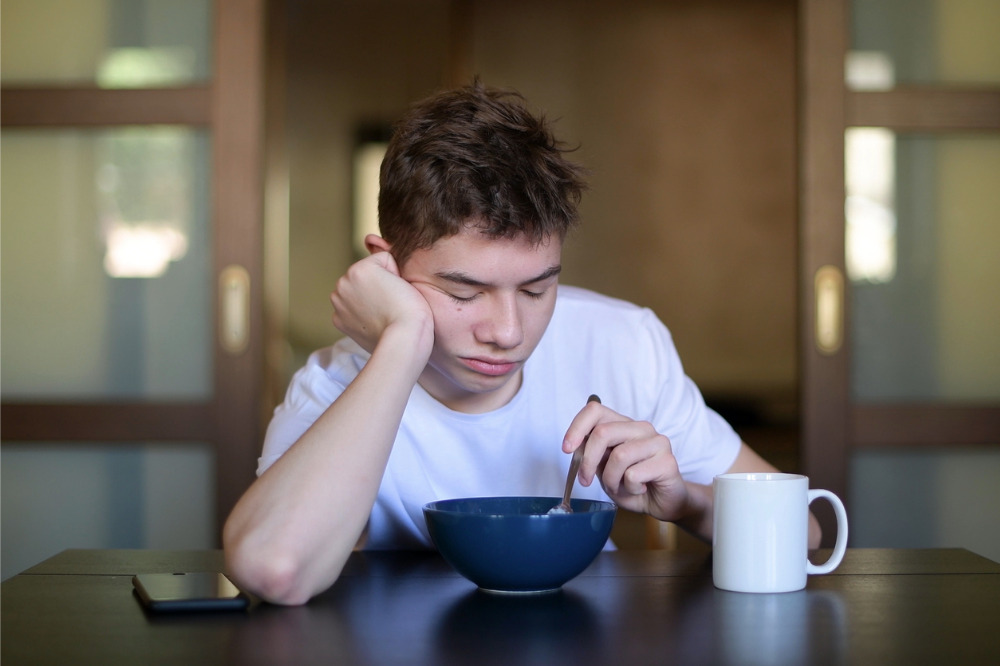
Last year, a group of academics from 15 countries found that the stress and anxiety caused by COVID-19 could have long-term impact on children’s sleep, physical activity and screen time.
Indeed, young people in Australia were struggling to get a full night’s sleep even before the pandemic reached our shores.
Studies have shown that Australian teens are the third most sleep deprived in the world and that more than 70% of Australian high school students suffer from regular sleep deprivation.
Teenagers face a three-hour sleep deficit per night on average, but those who spend five hours a day online are 50% more likely to fail meeting their minimum sleep requirements than peers who only spend an hour online each day.
Dr Lynette Vernon is a School of Education - Edith Cowan University, Vice-Chancellor's Research Fellow. She leads research into establishing healthy sleep routines and controlling technology use before bedtime for our youth to achieve adequate and good quality sleep.
Dr Vernon says an important task for children is to become responsible for management of their health and wellbeing, including making sure they get a good night’s sleep.
“As children reach the end of primary school, they need to have the skills and knowledge to establish healthy sleep routines and control technology use before bedtime as entrenched habits can carry through to adolescence,” Dr Vernon told The Educator.
“Currently, many teenagers report 1.5 hours below the recommended sleep requirement of 8-10 hours, mainly because of increased screen time”.
Dr Vernon said poor-quality sleep can lead to depression, low self-esteem, and poor coping as well as increased disruptive behaviours.
“Increasingly teachers report tired students. Therefore, schools are encouraged to develop sleep hygiene and technology management curriculum to deliver alongside other healthy living teaching resources, such as sun safety, diet and exercise”.
“Educating children on the importance of sleep and how to get a good night’s sleep will go a long way to mitigate mental health problems through to adulthood”.
Below, Dr Vernon shares some tips on how students can get a better night’s sleep
- At least a week before school starts, set the alarm 5-10 minutes earlier each day until the school day alarm time is reached
- Set earlier, regular bedtimes so as not to confuse the body clock
- Take all electronic devices out of all bedrooms (yes, set an example) and charge them in a place where children can’t sneak out and access during the night
- Avoid caffeine, alcohol, energy drinks and large meals well before bedtime
- Exercise earlier in the day as this will increase tiredness. Make sure exercise isn’t too close to bedtime as this raises body temperature and increases cortisol (the stress hormone) making it harder for some people to fall asleep
- Try to get ahead of the problem by having conversations with your child before they reach their teens to make sure they understand the effects of not getting enough sleep
- During the holidays, use sleep tracking apps to monitor sleep and set up the bedroom to be conducive to a good night’s sleep (no illuminated power cords, good airflow and a comfortable pillow and bedding).


